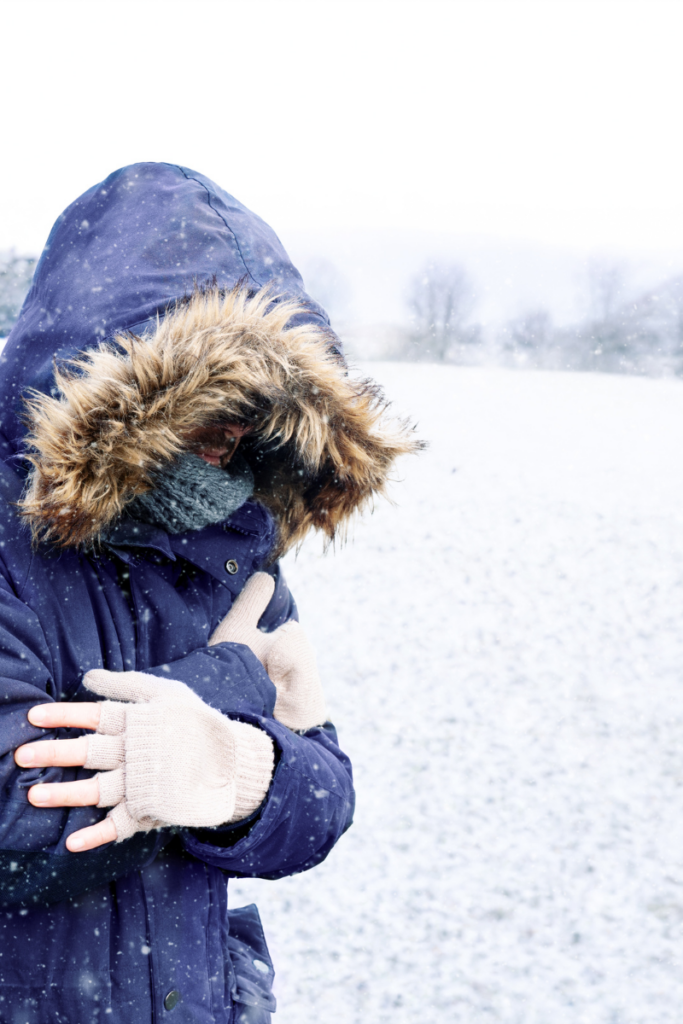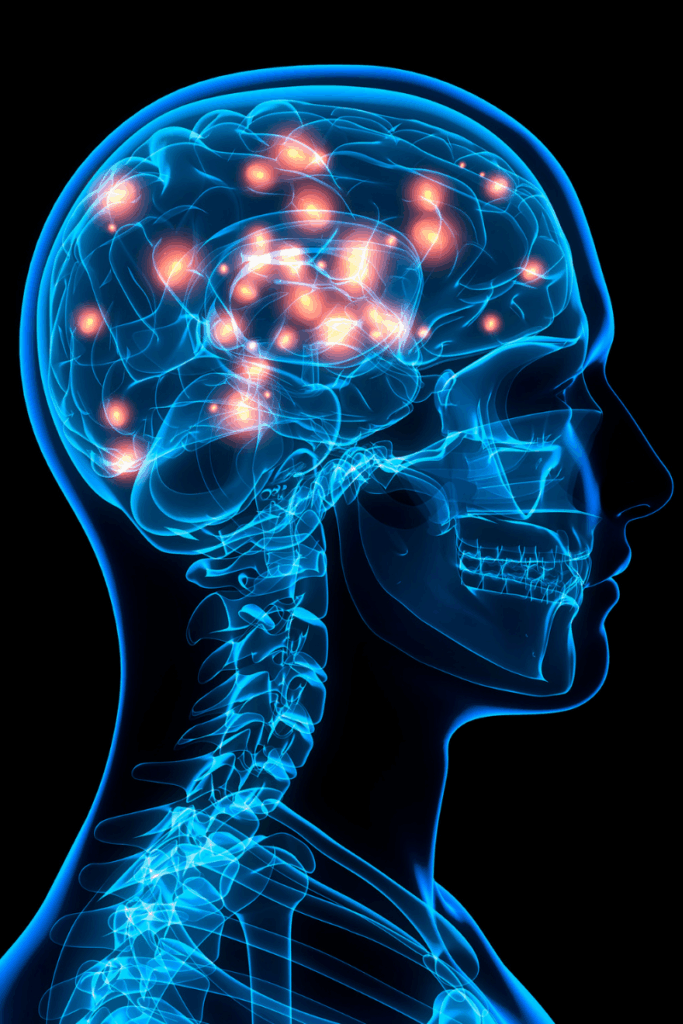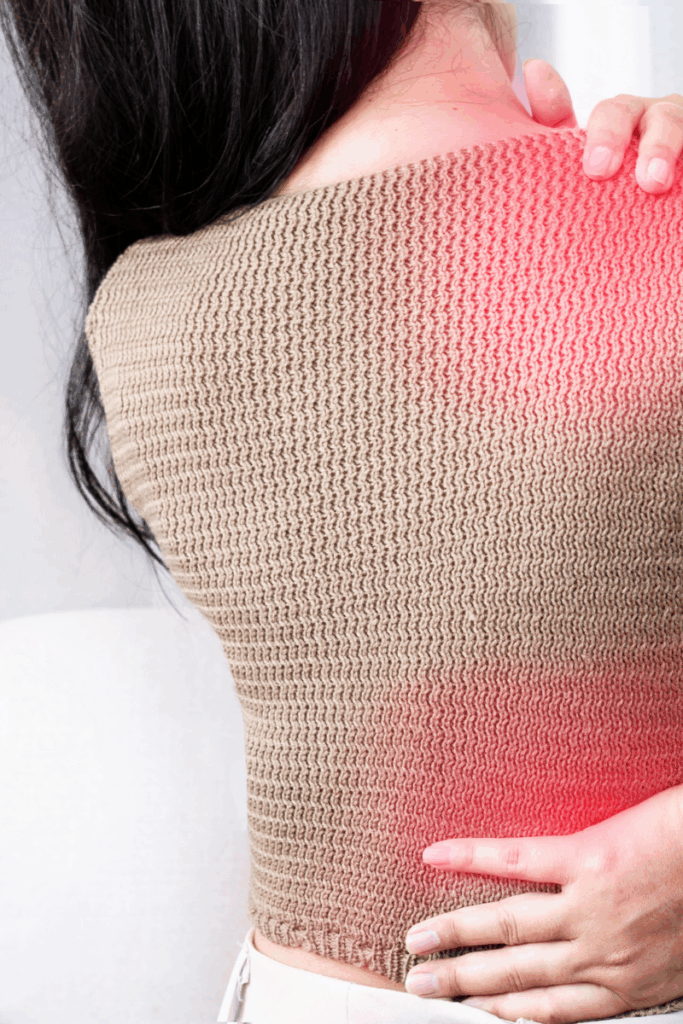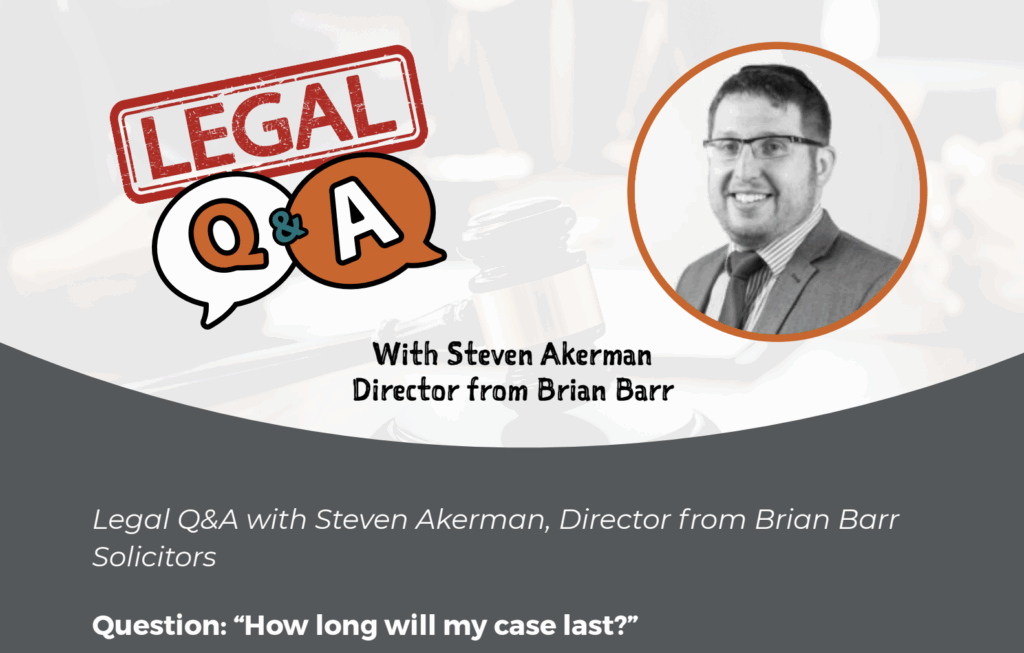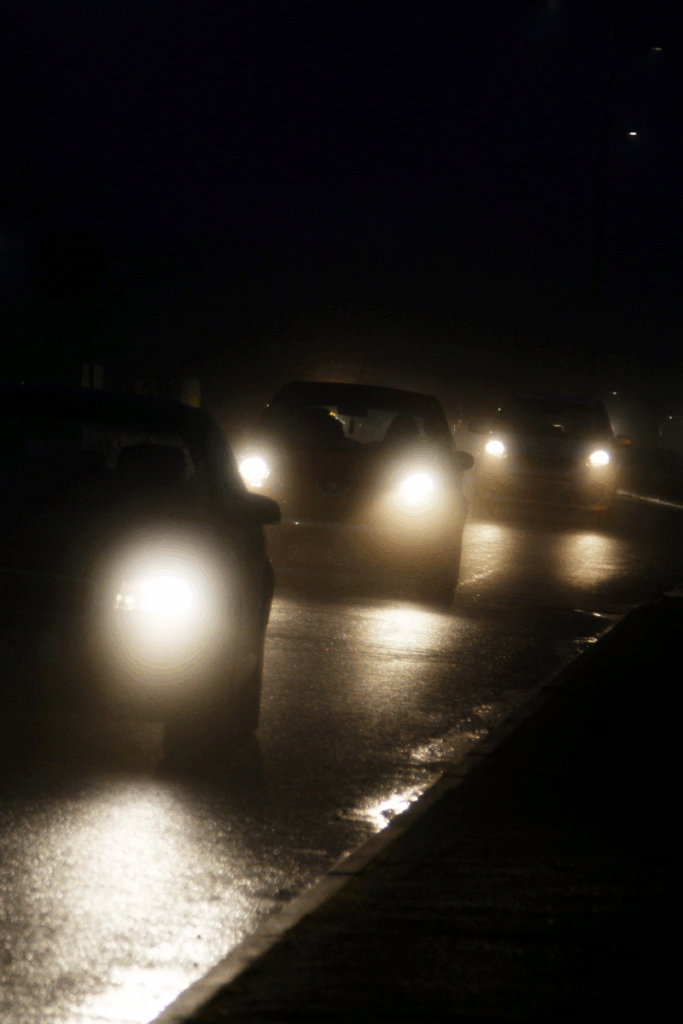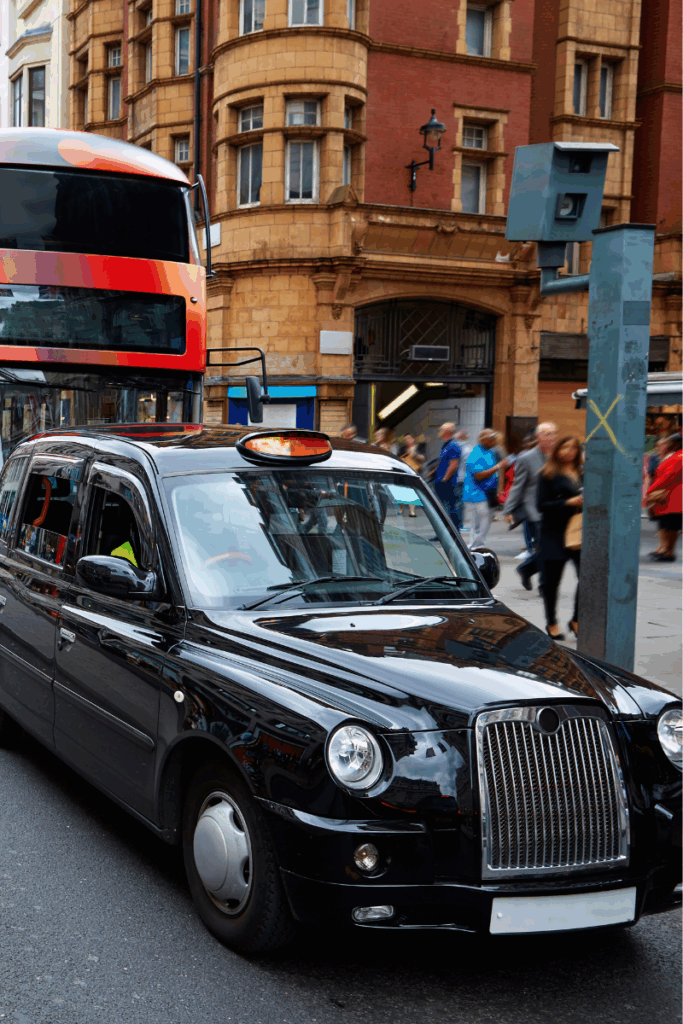Steven Akerman, a specialist lawyer at Brian Barr Solicitors, helped to secure £4,000,000 in Complex Regional Pain Syndrome (CRPS) compensation for KM a professional in Cumbria, who developed CRPS after slipping on a step. Leading Counsel Dr Nicholas Braslovsky QC, of Kings Chambers and Counsel, and Fiona Ashworth of Kings Chambers, worked alongside Steven Akerman to assist KM in her case.
KM’s injury:
On 28th December 2013, KM twisted her ankle when she tripped over an unmarked and unlit step. At the time, she was attending a friend’s wedding. Instantly, KM experienced pain and swelling after the accident. She was taken to A&E where X-rays showed a possible avulsion fracture, and she was diagnosed with a ligament injury. She had bruising and swelling to her left foot and ankle, along with tenderness.
KM’s symptoms and diagnosis:
In March 2014, KM was diagnosed with Complex Regional Pain Syndrome (CRPS). Her foot had become swollen and discoloured with scaly skin, and there was very little movement. Unfortunately, KM developed the most extreme form of CRPS, which is very rare.
Tragically, she was told that her leg would not work properly again and was, therefore, advised to undergo a left below-knee amputation in 2015. Before the amputation, her leg was heavily turned in and she would frequently knock it, which caused her more pain.
The amputation did not improve the level of pain, and the sensitivity was so great at the amputation stump that she was unable to wear the support stocking required prior to the prosthesis. The severity of her left leg was so bad that she had to wear three large lidocaine patches around the knee.
KM was also unable to straighten her knee and started to complain of pain spreading throughout her body. In addition to the development of widespread pain, KM also suffered from fatigue and constipation, consistent with a diagnosis of fibromyalgia.
The pain was so bad that KM’s sleep became very poor, sleeping for around 2 hours in a 24 hour period. She spent the majority of her nights sitting up in bed watching TV. Throughout the night, she frequently suffered from nightmares and episodes of sleep paralysis, leaving her feeling constantly exhausted and particularly stiff in the morning.
Unfortunately, KM’s symptoms continued to worsen. There was a significant reduction in her ability to concentrate and reduced short-term memory. She previously had migraines, which became more severe, as well as constipation, due to her pain medication, and bladder symptoms. She also has alternating body temperature, sometimes feeling very cold and sometimes sweating profusely. Inactivity has caused her to gain a lot of weight to the point that she was diagnosed with Type 2 Diabetes.
KM also developed neurological symptoms in the left side of the face, with a spasm of the orbicularis oculis, drooping of the eyelid, and sometimes drooping of the mouth. She was diagnosed with a functional neurological condition as well.
The effect of the injury and CRPS on KM’s physical and mental health
As a result of these conditions combined, KM has also developed a major depressive disorder, which is moderately severe, and a panic disorder manifested by the onset of severe anxiety, accompanied by somatic anxiety symptoms, such as palpitations and excessive perspiration, together with hyperventilation.
Loss of job:
At the time of the accident, KM was employed as a health care assistant, initially working two nights per week and then progressing to three nights per week. She was hoping to study and qualify as a nurse. However, she can no longer work, and studying is not an option. KM is also a mother of five children for whom she can no longer care for to any sort of degree, as was the case before the accident. KM herself is now in need of care and assistance, although she has the support of her loving husband.
The impact of CRPS on quality of life:
Prior to the accident, KM would have undertaken around 85% of the household activities and cooked for the family, as her extremely supportive husband was working full-time in a career that meant he had to spend significant amounts of time away from home. Now, her ability to manage is minimal.
Before the accident, KM was actively undertaking all types of activities with her family. They went on a number of outings, such as skiing trips, wild camping trips, long walks, and visits to the pantomime. She previously helped her daughters learn to ride and care for horses. These family activities are now severely restricted because of her CRPS.
She now requires carers to look after her- a live-in carer to assist during the day and occasionally at night, a paid carer to assist with hoisting (due to lack of mobility) during the day, and a sleep-in carer to provide support from a second person. KM also required appropriate accommodation to ensure she would have freedom of movement due to decreased mobility.
At the time of the accident, she lived in a small village in a remote and rural location. There were extremely limited community facilities and opportunities for social contact. The home was made up of three buildings, which had been knocked into one on two-storeys on slightly different levels on the ground floor. The house was unsuitable due to the different levels and was on two floors. The door widths and layout were not big enough to fit a wheelchair.
Thankfully, Steven Akerman of Brian Barr Solicitors, Leading Counsel Dr Nicholas Braslovsky QC of Kings Chambers and Counsel, and Fiona Ashworth of Kings Chambers were able to assist KM with her claim, given their expertise in dealing with chronic pain compensation.
In the middle of the claim, a significant interim payment was obtained on KM’s behalf to allow her to purchase and renovate her home to make it suitable for her condition. This was of great assistance to KM, as settlements of this nature claims can take years to secure.
Although no amount of money can replace KM’s loss of health, it is hoped that the damages secured will assist her to live the best possible life alongside her condition. In total, Brian Barr’s CRPS solicitors helped to secure £4,000,000 in compensation for KM, following her ordeal.
We do not endorse any research, studies or sources mentioned within our blogs and comments. Furthermore, we do not endorse any medical advice provided as we are leading accident solicitors in Manchester and chronic pain solicitors, not medical experts, and would strongly recommend anyone seeking medical advice to contact their local healthcare provider.





